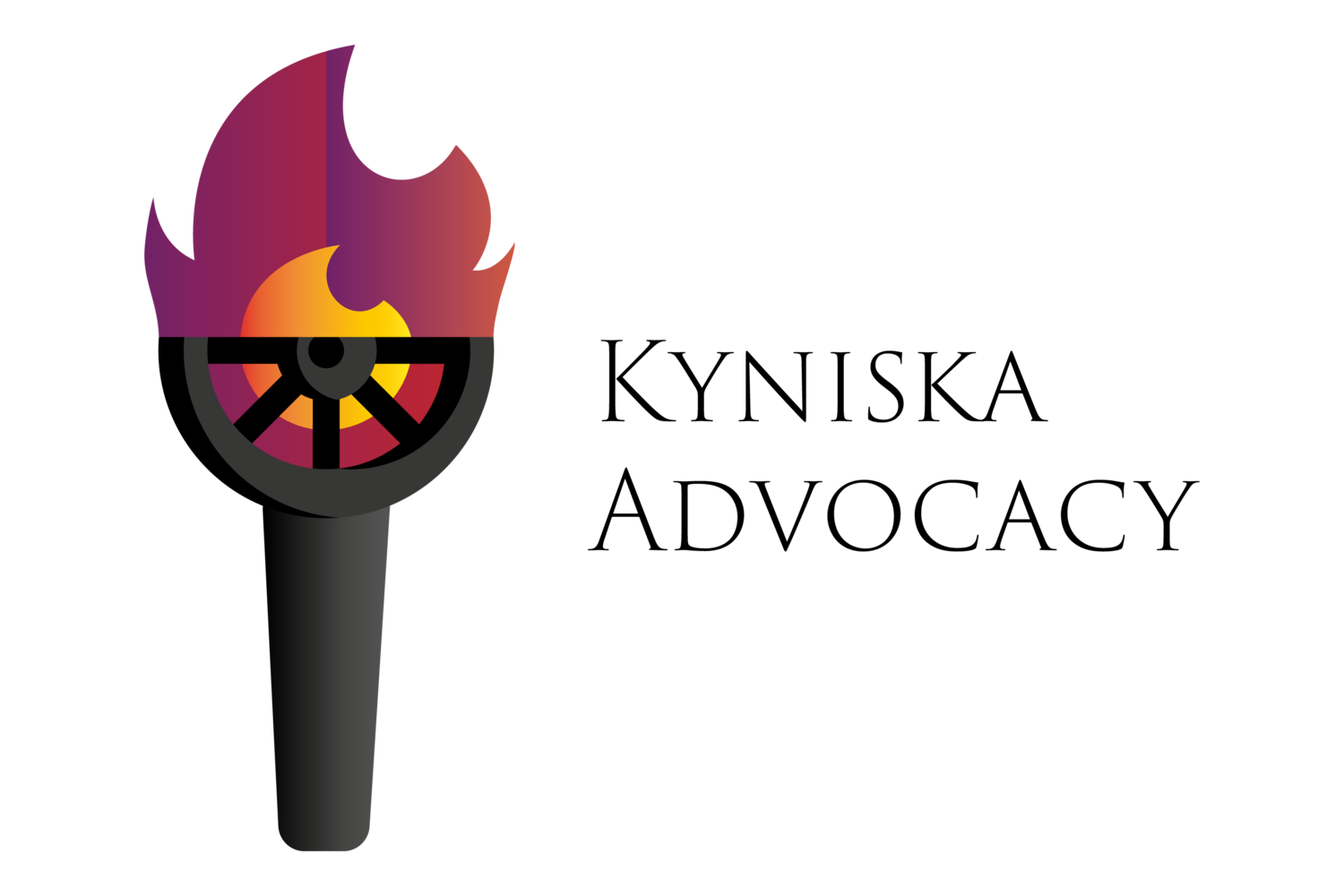Campaigning is hard
Campaigning is hard.
Campaigning is emotionally exhausting.
It can be rewarding, fulfilling and sometimes even empowering. But it’s mostly hard.
What it’s certainly not, is glamorous. It rarely ever pays and when it does, it doesn’t pay well.
I think it’s time to debunk some myths about what it’s like to campaign for an issue of which you have lived experience.
When Kate and I first campaigned together for lifetime bans for coaches found guilty of sexual misconduct and abuse, two and a half years ago, I never once stopped to imagine the journey that that decision would take us on.
I think of myself as an active agent in my own life; I like to think that I am an autonomous, self-driven individual. But when you are a victim of any form of abuse, your agency and autonomy are taken away from you. You are groomed and manipulated by the perpetrator to become passive, to stay silent and to be complicit.
When you summon the courage to break free from the abuse and come forward about your experience, the investigation process requires you to stay silent, to not tell your story, to wait patiently and calmly for a resolution to be found. Any and all power you thought you had over your own narrative is restricted and dissolved.
So when Kate told me that there was a campaign brewing that was born out of what happened to me, I lurched at the opportunity to take back control over my narrative. I clung to this #ZeroToleranceUKA campaign and poured all of my anger and frustration at how I had been treated into getting lifetime bans implemented in athletics. It was personal and exhausting and exhilarating. But it wasn’t sustainable.
When Kate and I embarked on Kyniska, and our mission to stamp out abuse in sport, it felt like the perfect solution; to continue campaigning for something so close to my heart, while being able to distance myself and not be a figurehead. Kyniska often feels like a shield, protecting me against any emotions that could be stirred by being constantly exposed to a subject so close to my own trauma.
Instead, I can feel empowered and emboldened by raising awareness, supporting athletes and working with huge organisations who seek out our expertise to improve their policies, structures and education around safeguarding and welfare. It’s wonderfully rewarding, and healing too, for that injured, traumatised younger me, who so needed the type of support that Kyniska endeavours to provide.
What continues to be hard, though, are the barriers put up by sports organisations that refuse to recognise the need to address safety in sport. It’s heartbreaking to hear story after story from the athletes we support, about how their sport or their organisation failed in their duty of care.
Every time an organisation refuses to engage with us; every time a sport closes its door to us; every time we are unable to get an athlete the resolution they need and deserve, it feels like such a deep failure. It cuts incredibly close to the bone, and drains my own capacity to keep going; because these instances catapult me right back to my own experience of being failed.
Throughout my life, I’ve often found comfort in Dr. Seuss quotes, and I’m reminded, as I write this, of The Lorax saying:
Unless someone like you cares a whole awful lot, nothing is going to get better. It's not.
And I do, truly, agree with the sentiment. Far too often, change only comes about because someone who experiences a horrible thing, decides to do something about it so that no one else has to experience that horrible thing.
But it feels like we’ve gotten to a place, in Western society at least, where we just expect that survivors and victims will speak up, raise awareness, and change the system.
In sport, almost everything that we do around safeguarding is reactive. We operate under the assumption that unless someone speaks up, everything is fine. Yet, for every case I’ve ever been involved in, every time a decision is made, a coach is banned, a sentence issued, the reactions that come pouring out are overwhelmingly, “I was waiting for that to come out”, “I always knew they were dodgy”, and a plethora of other statements of the same ilk. So we all knew, but no one lifted a finger to help.
We put so much onus on people with lived experience of abuse to move the dial, to speak up, to improve the culture. And we expect them to do it all for free. Speak up, report abuse, be a witness, run a campaign, speak at an event, work with a journalist. Countless organisations work with survivors, as they rightly should, and then they don’t pay them.
So, not only is campaigning on an issue of which you have lived experience hard, emotionally draining, time consuming and retraumatising; you also have to do the work for free.
Now, two and a half years on from launching Kyniska, the pride I feel for what we do and how we work is unrivalled. No achievement in my sporting endeavours will ever come close to giving me that same satisfaction.
But, that feeling of being exploited, failed and silenced resurfaces every so often. Perhaps that’s a part and parcel of campaigning for change; perhaps it doesn’t have to be.
My message to you is: support campaigners; pay survivors for their work; have open hearts and minds when someone comes to you for help or asks you to change; and never assume that the measures you’ve taken to address a problem are the only and best way forward.
Campaigning isn’t a personal attack to highlight an individual’s failings. It’s a cry to change a culture, alter a mindset and restructure a broken system.
